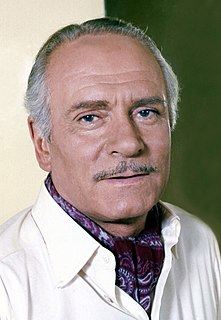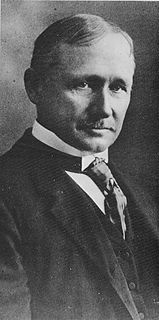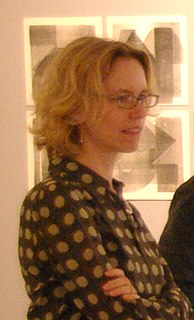A Quote by Henry Gantt
The greatest problem before engineers and managers today is the economical utilization of labor . The limiting of output by the workman, and the limiting by the employer of the amount a workman is allowed to earn, are both factors which militate against that harmonious co-operation of employer and employee which is essential to their highest common good.
Related Quotes
The organized labor movement as it is constituted today is as much a concomitant of a capitalist economy as is capital. Organized labor is predicated upon the basic premise of collective bargaining between employers and employees. This premise can obtain only for an employer-employee type of society. If the labor movement is to maintain its own identity and security, it must of necessity protect that kind of society.
The workmen in a factory may have a shadowy, unknown absentee "employer" - the thousands of individual owners of stock - whom "management" represents and tries to please by extra dividends. The workman's livelihood is at the disposition of strangers who make a single demand of their representatives: higher profits.
From the point of view of the employer, it is in any case simply an item of cost, to be reduced to a minimum if it cannot be eliminated altogether, say, by automation. From the point of view of the workman, it is a "disutility"; to work is to make a sacrifice of one's leisure and comfort, and wages are a kind of compensation for the sacrifice.



































